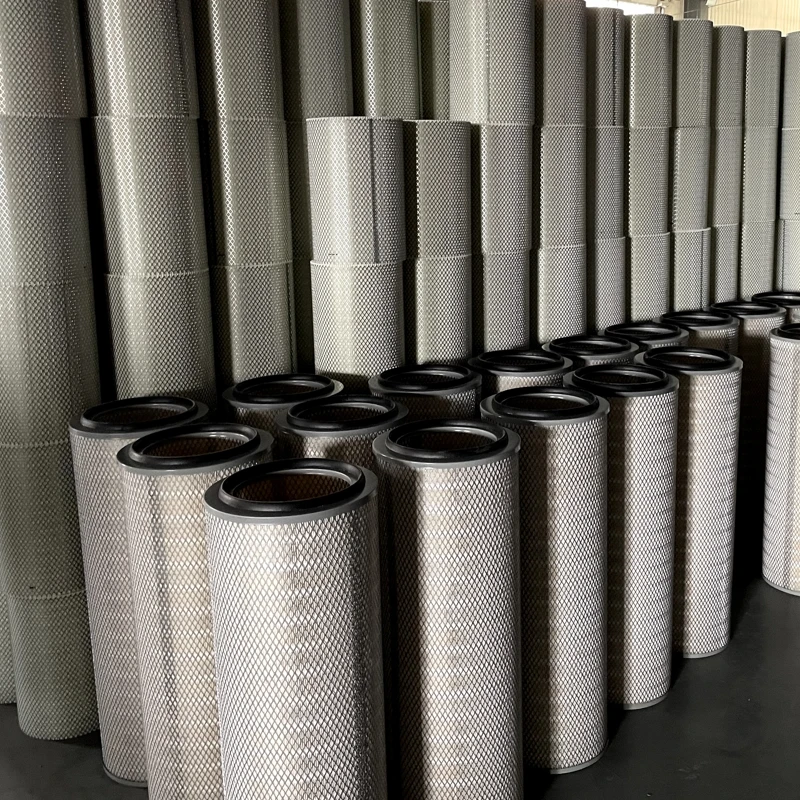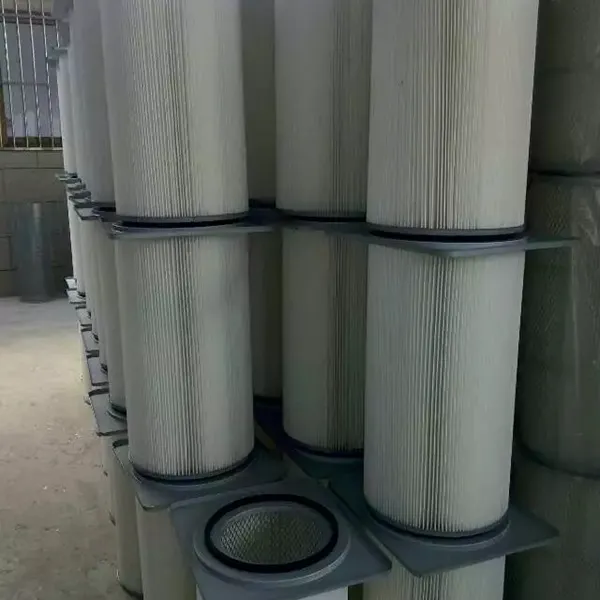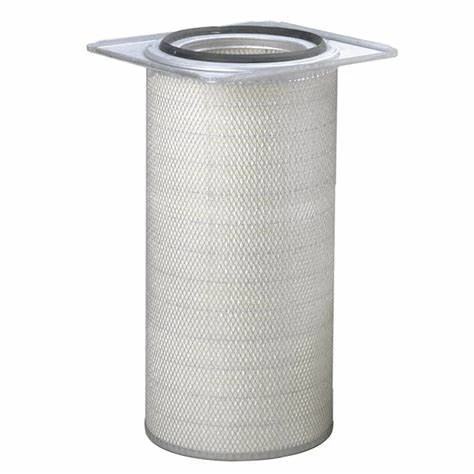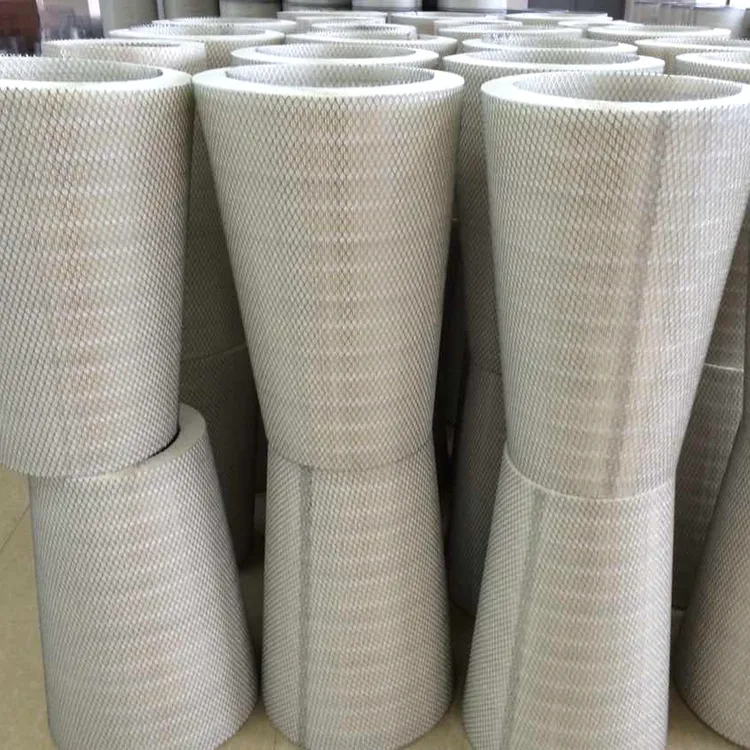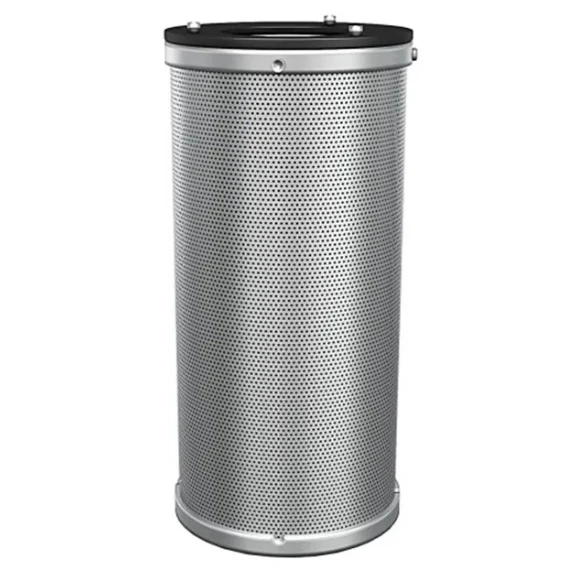 Tel:
+8618931101301
Tel:
+8618931101301
Dhj . 11, 2024 20:38 Back to list
gas turbine air intake filter
Improving Gas Turbine Performance with Air Intake Filters
Gas turbines are widely used for power generation and propulsion in various industries, including aviation and energy. The efficiency and performance of these turbines are significantly influenced by the quality of air they intake. This is where air intake filters play a crucial role. They are essential components that ensure the gas turbines operate at optimal efficiency, minimize maintenance costs, and extend service life.
The Importance of Air Quality
Gas turbines operate on the principle of combusting fuel with air to produce energy. It is critical that the air entering the combustion chamber is clean and free from contaminants such as dust, dirt, and other particulate matter. This is because impurities can lead to several issues, including corrosion, erosion, and fouling of turbine blades. These problems can decrease efficiency by increasing drag and reducing the overall airflow through the engine, resulting in higher fuel consumption and lower power output.
In recent studies, it has been shown that unfiltered air can significantly reduce the performance of gas turbines. For instance, studies have reported a decrease in efficiency by up to 5% due to particulate contaminants. Given the high cost of fuel and the need for higher efficiency in power generation, air intake filters have become more essential than ever.
Types of Air Intake Filters
There are several types of air intake filters used in gas turbines. The most common include
1. Panel Filters Generally composed of layers of fibers and often used in commercial and industrial applications. They effectively capture larger particles but may not perform as well for finer particulates.
gas turbine air intake filter
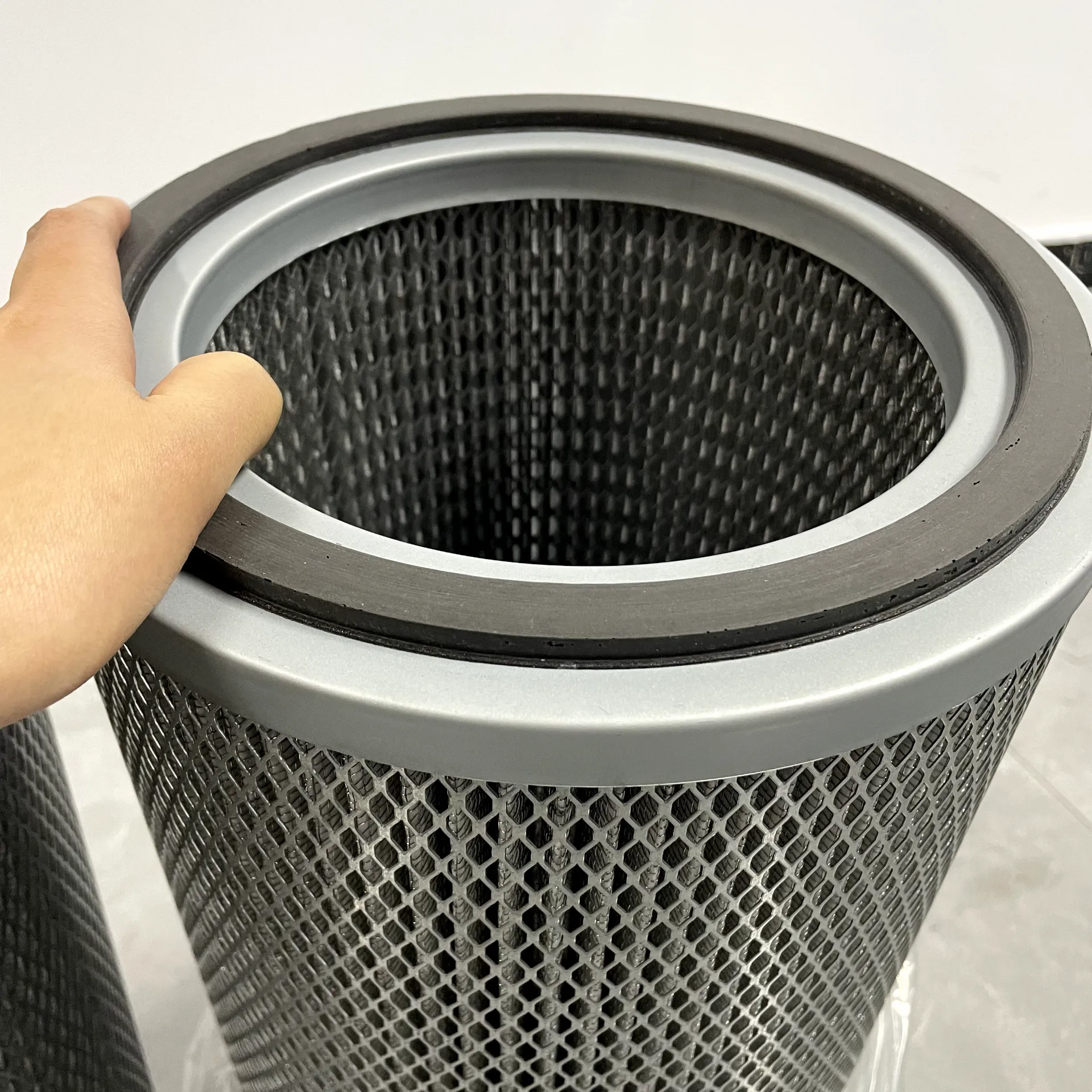
2. Pleated Filters These filters are designed with a greater surface area due to their pleated design, allowing for improved airflow while trapping fine particulates. They are widely recognized for their efficiency and longevity.
3. Bag Filters Excellent for high-efficiency particulate air (HEPA) applications, bag filters can capture smaller particles effectively. While typically used in larger installations, these filters can sometimes be bulky and need proper maintenance.
4. Cyclone Filters Using centrifugal force, cyclone filters can separate larger particles from the airflow without clogging as quickly as traditional filters. They can be used in tandem with other types of filters for enhanced performance.
Maintenance and Replacement
Regular maintenance and timely replacement of air intake filters are critical for ensuring the longevity of gas turbines. Clogged or dirty filters can restrict airflow, leading to a reduction in compressor efficiency and an increase in operational costs. Operators should adhere to the manufacturer’s recommendations for filter replacement intervals and conduct regular inspections to assess filter conditions.
Additionally, advancements in monitoring technology, such as pressure drop sensors and air quality sensors, allow operators to manage filter performance actively. These systems can provide real-time data, which helps in making informed decisions about when to clean or replace filters, thereby improving operational efficiency.
Conclusion
In conclusion, air intake filters are an indispensable part of gas turbine operation. By ensuring that the air entering the turbine is free from contaminants, these filters enhance performance, reduce maintenance costs, and extend the operational life of gas turbines. As industries continue to seek ways to improve efficiency and reduce their carbon footprint, the role of air intake filters in gas turbines cannot be overstated. Investing in quality filtration systems and maintaining them properly is a forward-looking approach for any organization relying on gas turbine technology.
-
When should the dust filter be replaced?NewsApr.30,2025
-
How to choose a special dust filter?NewsApr.29,2025
-
Industrial air filters: How to deal with high dust environments?NewsApr.28,2025
-
From coconut shell to coal: performance differences of activated carbon filter elementsNewsApr.24,2025
-
Air filter survival guide in high-dust environmentsNewsApr.23,2025
-
How do air filters cope with high-concentration dust environments?NewsApr.21,2025

 Email:
Email:
